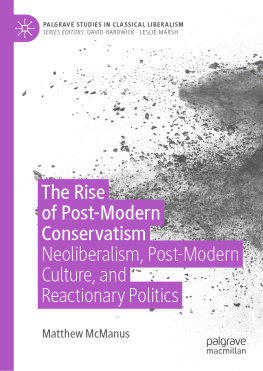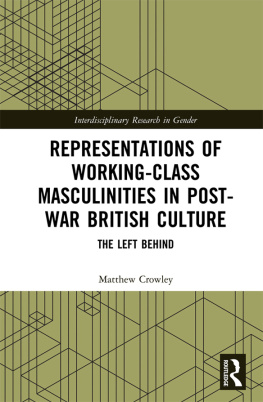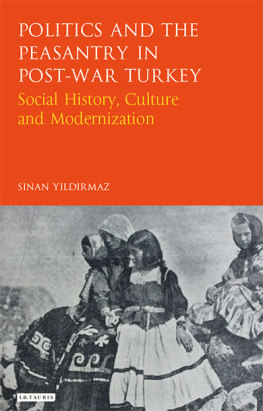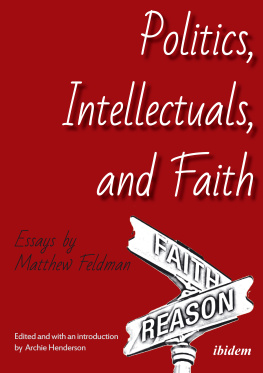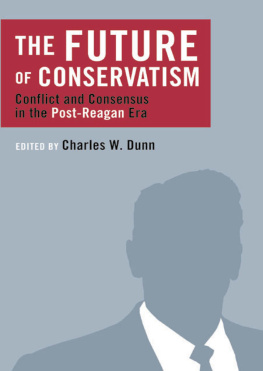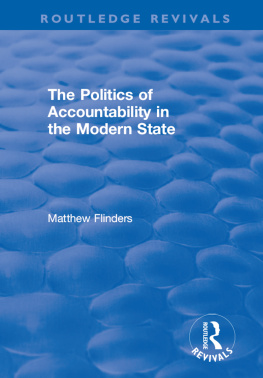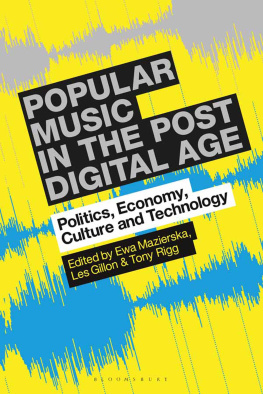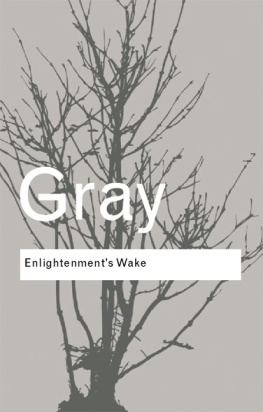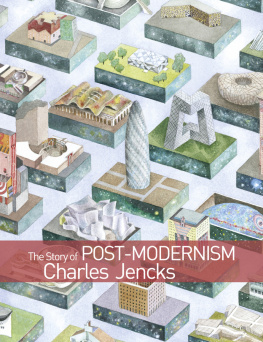Matthew McManus - The Rise of Post-Modern Conservatism: Neoliberalism, Post-Modern Culture, and Reactionary Politics
Here you can read online Matthew McManus - The Rise of Post-Modern Conservatism: Neoliberalism, Post-Modern Culture, and Reactionary Politics full text of the book (entire story) in english for free. Download pdf and epub, get meaning, cover and reviews about this ebook. publisher: Springer International Publishing, genre: Politics. Description of the work, (preface) as well as reviews are available. Best literature library LitArk.com created for fans of good reading and offers a wide selection of genres:
Romance novel
Science fiction
Adventure
Detective
Science
History
Home and family
Prose
Art
Politics
Computer
Non-fiction
Religion
Business
Children
Humor
Choose a favorite category and find really read worthwhile books. Enjoy immersion in the world of imagination, feel the emotions of the characters or learn something new for yourself, make an fascinating discovery.
- Book:The Rise of Post-Modern Conservatism: Neoliberalism, Post-Modern Culture, and Reactionary Politics
- Author:
- Publisher:Springer International Publishing
- Genre:
- Rating:4 / 5
- Favourites:Add to favourites
- Your mark:
- 80
- 1
- 2
- 3
- 4
- 5
The Rise of Post-Modern Conservatism: Neoliberalism, Post-Modern Culture, and Reactionary Politics: summary, description and annotation
We offer to read an annotation, description, summary or preface (depends on what the author of the book "The Rise of Post-Modern Conservatism: Neoliberalism, Post-Modern Culture, and Reactionary Politics" wrote himself). If you haven't found the necessary information about the book — write in the comments, we will try to find it.
Matthew McManus: author's other books
Who wrote The Rise of Post-Modern Conservatism: Neoliberalism, Post-Modern Culture, and Reactionary Politics? Find out the surname, the name of the author of the book and a list of all author's works by series.
The Rise of Post-Modern Conservatism: Neoliberalism, Post-Modern Culture, and Reactionary Politics — read online for free the complete book (whole text) full work
Below is the text of the book, divided by pages. System saving the place of the last page read, allows you to conveniently read the book "The Rise of Post-Modern Conservatism: Neoliberalism, Post-Modern Culture, and Reactionary Politics" online for free, without having to search again every time where you left off. Put a bookmark, and you can go to the page where you finished reading at any time.
Font size:
Interval:
Bookmark:
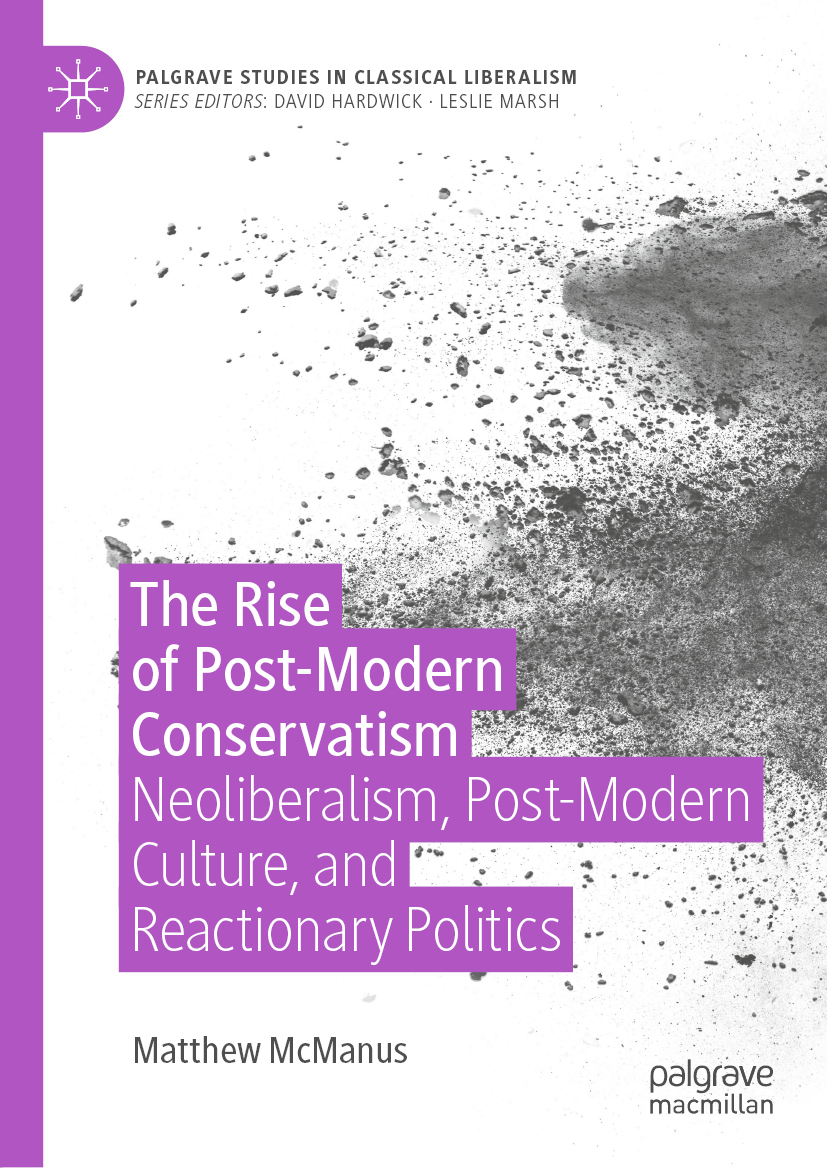
This series offers a forum to writers concerned that the central presuppositions of the liberal tradition have been severely corroded, neglected, or misappropriated by overly rationalistic and constructivist approaches.
The hardest-won achievement of the liberal tradition has been the wrestling of epistemic independence from overwhelming concentrations of power, monopolies and capricious zealotries. The very precondition of knowledge is the exploitation of the epistemic virtues accorded by societys situated and distributed manifold of spontaneous orders, the DNA of the modern civil condition.
With the confluence of interest in situated and distributed liberalism emanating from the Scottish tradition, Austrian and behavioral economics, non-Cartesian philosophy and moral psychology, the editors are soliciting proposals that speak to this multidisciplinary constituency. Sole or joint authorship submissions are welcome as are edited collections, broadly theoretical or topical in nature.
More information about this series at http://www.palgrave.com/gp/series/15722

This Palgrave Macmillan imprint is published by the registered company Springer Nature Switzerland AG
The registered company address is: Gewerbestrasse 11, 6330 Cham, Switzerland
Dedicated to Marion Nadezhna Trejo with love.
The expected mark of competent books, articles, or introductions concerning post-modernism is an opening set of cautions, qualifiers, and anticipatory retreats from definition. Post-modernism after all, has long been a witching term, and one that undoubtedly calls for such lists. It is, conversely, a mark of ignorance to use it too boldly, or to deploy it without restraint. Much like other relics pillaged from the shrines of academic discoursewords like culture and ideologypostmodernism is no longer the sole possession of specialists; today it is rather more portentous. Rather than perform the usual rites, I suggest that the reader pretend to have found all required provisions here, such that I may go on to spin other yarn.
In this volume, Matthew McManus dissects the forked tongue of post-modernism while extending the definition to recent phenomena, particularly its deployment as rhetorical strategy by nationalists. Although the term was once limited in association to Parisian academics, McManus demonstrates its aptitude in describing the contemporary trolls of neoliberalismBrexiters and Eurosceptics, xenophobic nationalists, and brazen politicians who refuse to be cowed by political correctness. How then did a pathogen cooked up in the lecture halls of Paris 8 come to contaminate the spiritual aquifers of rural Kentucky? What is the connection between deconstruction and the erection of a massive fence in the Great Hungarian Plain?
The connection between the two is thoroughly examined by McManus in the following pages, and while I shall defer most of the discussion to the author, theres one particular similarity worth emphasising, even when comparing narratives as dissimilar as those of UKIP on the one hand and the 60s post-structuralists on the other. First, their identities are defined by the transgression and disruption of a particular, local status quo. Second, this disruption has a distinctly narrative structure.
In some cases, post-modern transgressions are gleeful and satiric, exemplified by political animals like Roger Stone. In other cases it comes with bereavement, as in the later reflections of Jean Baudrillard. Of course transgression alone is by no means a criterion of the post-modern. As McManus argues, it is profitable and edifying to examine post-modernism as a culture which has emerged in tandem with the neoliberal societies of the late twentieth and early twenty first centuries (78). If we should, with McManus, label it a culture, it is then a culture of disruption. More than that, as I shall argue here, it is a disruption of a history as inherited by particular politics. My method in this introduction is thus a historiography of such disruptions in the post-modern genre, a narrative of rising action whose climax remains to be seen.
Whereas news is rhetoric of the present, history is rhetoric of the past. The quiet correlate of fake news (the 2017 Word of the Year, according to the American Dialect Society) is fake history , which has perhaps not yet received the analysis it is due. In this context history is an imagined but contentious territory, an absent object of appeal and desire. Nationalists, for their part, often use history as a store for pernicious rhetoricthe Third Reich was the third . This is no reductio ad hitlerum . Of course, these three events are not even superficially symmetrical, but the wanton heroism of nationalists is nothing if not self-serving. For their parts, Marine Le Pen and her party eagerly solicit comparisons with Joan of Arc, and thus any critical responses may be rendered as further persecution of the Lords unassuming instrument. Elsewhere still we hear the pangs of nostalgia echoing in slogans like Make America Great Again , as the past becomes a sort of guarantor of right action (political correctness is the true slavery). History here is strapped to the Procrustean beds of malapert sloganeers, their truths are appeals to imagined worlds, story worldsthe rites of ancestor worship for ancestors who never lived.
Font size:
Interval:
Bookmark:
Similar books «The Rise of Post-Modern Conservatism: Neoliberalism, Post-Modern Culture, and Reactionary Politics»
Look at similar books to The Rise of Post-Modern Conservatism: Neoliberalism, Post-Modern Culture, and Reactionary Politics. We have selected literature similar in name and meaning in the hope of providing readers with more options to find new, interesting, not yet read works.
Discussion, reviews of the book The Rise of Post-Modern Conservatism: Neoliberalism, Post-Modern Culture, and Reactionary Politics and just readers' own opinions. Leave your comments, write what you think about the work, its meaning or the main characters. Specify what exactly you liked and what you didn't like, and why you think so.

